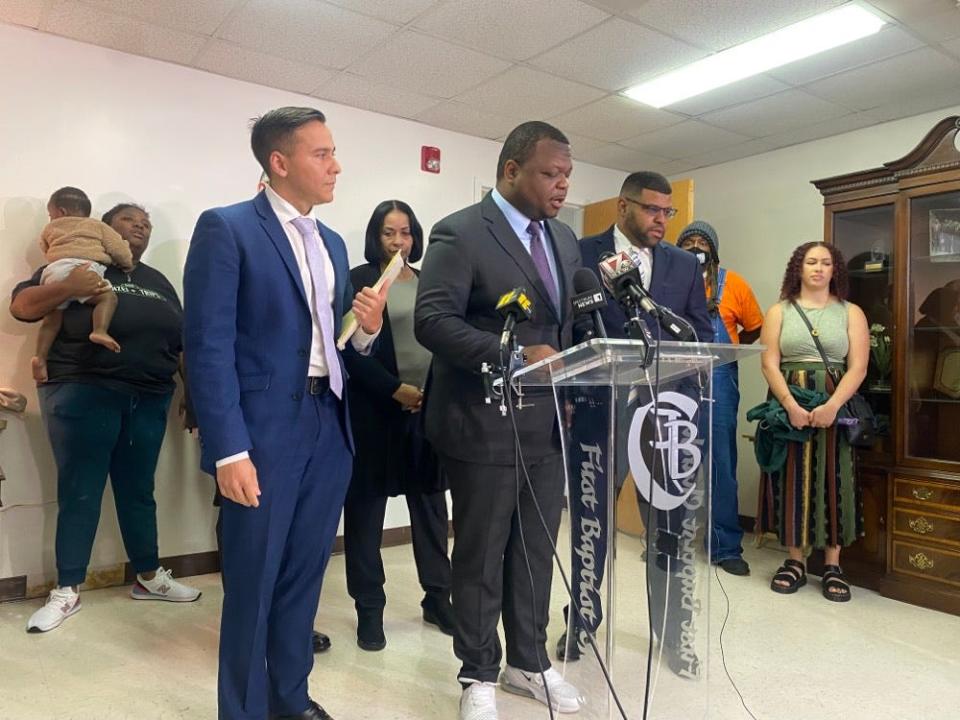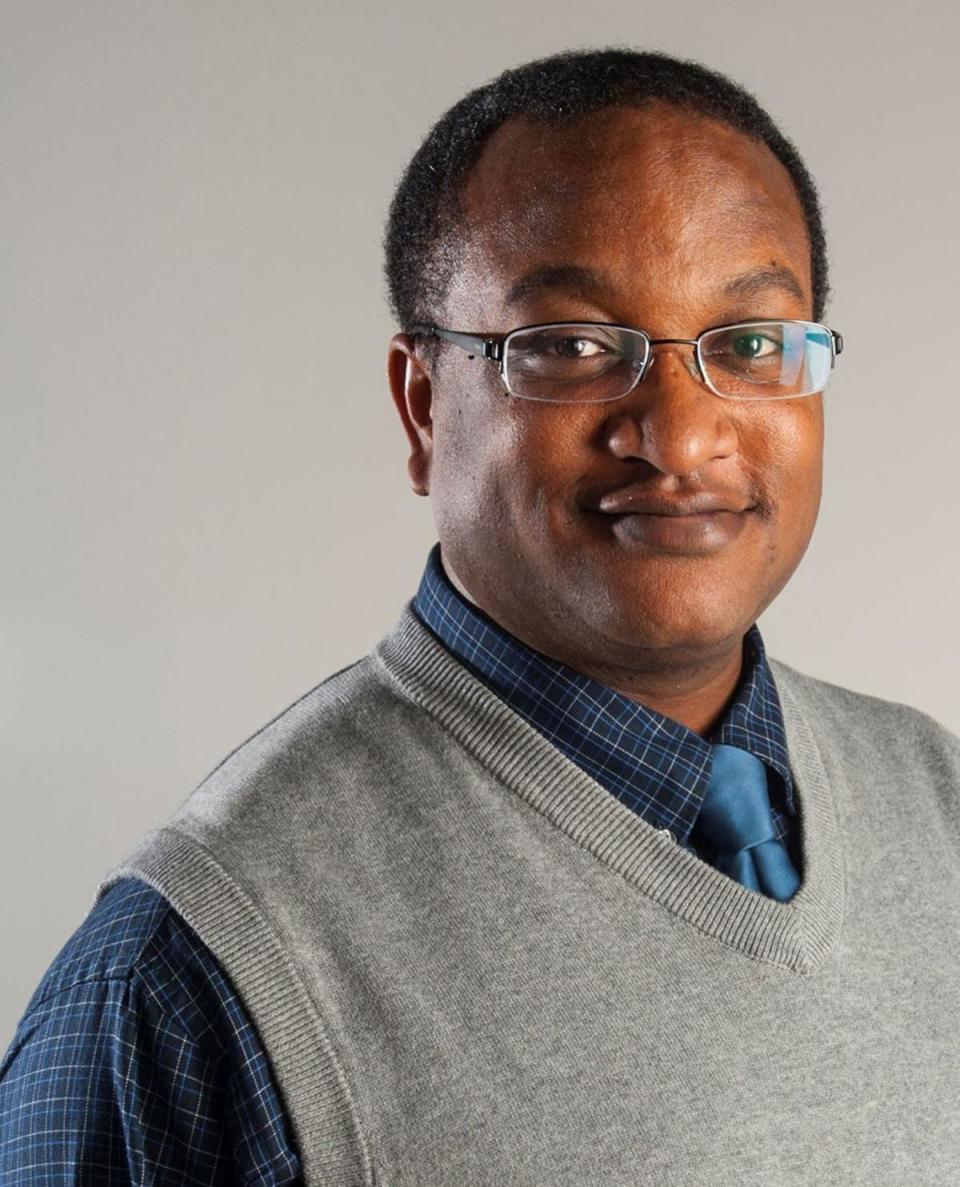Two recent developments relate back to the fatal shooting of Jada Johnson, age 22, by Fayetteville police officers. The second anniversary of her death fell last Monday.
The Fayetteville City Council at its June 24 meeting voted that the city will pay for lawyers to represent two police officers named in a federal lawsuit filed by Johnson’s family and her estate. At the same meeting, council members budgeted millions of dollars to put muscle behind an Office of Community Safety. One goal of that office is to offer an “alternative response” to deescalate potentially violent situations through a program that may include social workers, mental health professionals and EMS personnel.

From where I sit, the same difficult questions lies at the heart of both these developments. Namely: Johnson’s family members called the police to help with her. How was it the same police that killed her? How could this have been prevented?
More: Pitts: Can policing look different in Fayetteville? A Durham-based documentary sets the stage.
Council members see video
The council voted 10-0 to pay for lawyers to represent Fayetteville Police Sgt. Timothy Rugg and Officer Zacharius Borom, according to the June 24 meeting notes and a city spokesman. The officers are accused of violating Johnson’s civil rights when she was shot and killed in her grandparents’ living room on July 1, 2022.
More: Why the Fayetteville Police Foundation is speaking out against the City Council
In June 2023, several members of the City Council were hesitant to pay for legal representation for the two officers because members said they wanted to view body camera footage of the incident. That raised the ire of the Fayetteville Police Foundation, which advocates for the police.
Councilmember Mario Benavente said last week that a judge in June allowed members to review video footage on the condition that members would not share details of its content with the public.
The city was initially named as a defendant, but last December, U.S. District Court Judge James C. Dever III dismissed Fayetteville from the case. He accepted the city’s argument that it cannot be held liable solely based on one of its employees violating someone’s rights.
Family: Suit a march toward justice
The suit, which Johnson’s family announced at a news conference last year, was filed in U.S. District Court for the Eastern District of North Carolina. Civil rights lawyer Harry Daniels, who is one of the lawyers representing the family, called the action a “march towards justice.”
Rick Iwanski, who is Johnson’s grandfather, requested in a statement at that news conference that the council not cover the officers’ legal defense.


On the night of the incident, Johnson was in the throes of a manic episode and had called 911 multiple times, fearing harm by an ex-boyfriend who had a documented violent history, according to Johnson’s family, Police Department news releases and the lawsuit documents. A long exchange ensued, during which paramedics were called, sent away and called back again.
Johnson was tackled by police officers after she pulled out a gun and threatened to shoot herself. The lawsuit alleges Rugg had “full control,” but Borom shot her multiple times anyway.
Johnson was shot in front of her 2-year-old daughter and her grandparents, Rick and Maria Iwanski.
The state Department of Justice, after investigating the incident, declined to bring charges against any police officers.
$2.3 million direct funding
In 2023, I moderated a forum on police reform that was organized in the wake of the beating death of Tyre Nichols by Black Memphis police officers in January of that year. For many in our community, the forum was their first time hearing about how an Office of Community Safety — versions of which are up and running in cities like Durham and Greensboro — might work. Johnson’s situation was a part of the discussion. Her grandfather sat near the front.
Funding for the office was included in the more than $319 million budget approved unanimously last month by the council. The budget allots $2.3 million in direct funding for the OCS, plus an additional $2.5 million for “OCS-type” activities, which include community outreach programs within the Police Department, some existing. Sources for the funding include the general fund, federal block grant money and money from the American Recovery Plan. Part of the money will go toward a mental health liaison.
Activists on behalf of an OCS want to see as part of the office an “alternate response model” like Durham’s HEART program. In that program, a response team deploys on certain calls alongside police.


Benavente said last week one priority was educating city residents here on how such a model would work in real life, that when you call 911, in certain situations that meet specified criteria, “you get a different kind of help.”
Might such a model have saved Jada Johnson’s life? We will never know.
But it strikes me that, as a community, we owe it to ourselves to try, since what happened with Ms. Johnson should never have happened.
Myron B. Pitts can be reached at [email protected] or 910-486-3559.


This article originally appeared on The Fayetteville Observer: Fayetteville to pay to defend officers in lawsuit over Jada Johnson death
Source Agencies



